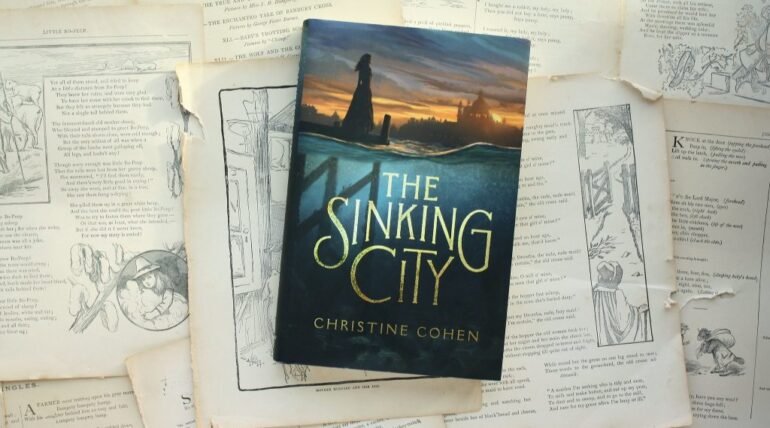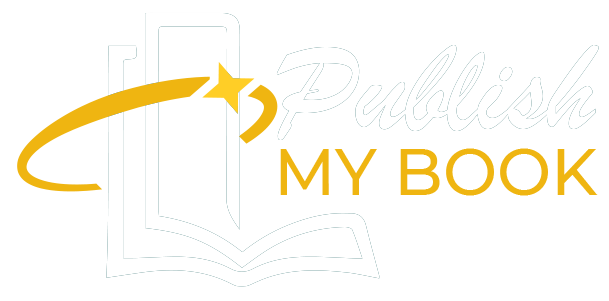
There is something magical about holding a book, turning its pages, and letting the words transport you into a world built entirely out of imagination. For many readers, novels are more than just stories, they are tools for growth. Best novels to read in English: When you read in English, especially if it is not your first language, every sentence is a chance to learn a new word, understand a different phrase, or even grasp how emotions are expressed through writing. This is why novels are not only entertaining but also powerful guides to mastering a language.
Imagine sipping your favorite drink while reading a story that introduces you to words you have never seen before. Without even realizing it, you are expanding your vocabulary while enjoying the twists and turns of a good plot. That is the beauty of novels. They let you build your vocabulary in a natural way, without forcing you to memorize lists of words. Instead of repeating definitions, you see words used in context, which makes it easier to remember them.
Best novels to read in English: Another reason novels are such a valuable tool for learning English is the variety of styles you can explore. Some writers use simple, direct sentences while others craft poetic lines that stretch your imagination. By reading across genres, you pick up on different tones and rhythms of English. You also become familiar with how language changes between classic and modern stories. This combination of entertainment and education is what makes novels such an inspiring way to improve vocabulary.
Why Best Novels to Read in English Help Build Vocabulary
Novels are not like grammar books. They are living examples of how English is used in everyday life and in creative writing. When a character speaks, you learn how conversations flow. This means you are not only reading stories but also practicing language the way it is meant to be used. Another advantage is that novels keep you curious. You want to know what happens next, so you keep reading, and in the process, you meet new words. You might even pause to look up their meaning or guess from the context. Over time, your vocabulary grows naturally.
Greatest English Novels to Read to Expand Your Vocabulary
- Pride and Prejudice by Jane Austen
This timeless classic is full of elegant English that teaches you the art of polite conversation and witty remarks. You will find rich vocabulary, especially in the way characters express emotions and manners. The sentences are beautifully crafted, making this novel perfect for learning descriptive and conversational English. - The Great Gatsby by F Scott Fitzgerald
This short yet powerful novel is a treasure chest of vivid vocabulary. The writing style is smooth but filled with expressive phrases that paint strong images. As you follow the lives of its characters, you will come across words and expressions that expand your knowledge of literary English. - To Kill a Mockingbird by Harper Lee
Best novels to read in English: This novel is both simple and powerful, making it ideal for readers who want to improve vocabulary while understanding deep human themes. The language is accessible, yet it introduces you to thoughtful words and storytelling styles that enhance your learning. - 1984 by George Orwell
This novel blends plain English with a thought provoking story. Sharp statements that make a powerful impression are mixed with straightforward language that is easy to understand. It is a great choice for learning both simple vocabulary and unique terms related to politics and society. - The Catcher in the Rye by J D Salinger
If you want to learn everyday conversational English, this book is a brilliant pick. The narrator speaks in a casual, youthful tone, which introduces you to phrases and words that feel alive and natural. It is like listening to a teenager tell his story in real time. - Jane Eyre by Charlotte Bronte
This novel offers a mix of elegant descriptions and emotional dialogue. The vocabulary is rich and varied, giving you exposure to words used in both classic literature and human emotions. It is a novel that improves your reading skills while keeping you deeply engaged in the story.
Tips for Reading to Improve Vocabulary
- Read with a notebook nearby: Jot down words that are new to you. Writing them down helps you remember.
- Do not rush: Reading slowly is more beneficial than rushing through chapters.
- Guess the meaning first: Try to understand the meaning of a new word through context before looking it up. This strengthens your guessing skills.
- Use what you learn: After reading, practice using new words in your own writing or daily conversations.
How Best Novels to Read in English Connects with Publishing Dreams
As you discover the best novels to read in English, you may also feel inspired to write your own stories. Many great writers began as passionate readers. If you ever think, “I want to publish my book,” then reading widely is the first step. By observing how authors use words, build characters, and create settings, you slowly understand the craft of writing. For those who plan to take their writing to the next level, learning about a book publisher and how they work is essential. Some writers choose traditional publishing, while others prefer the freedom of self publishing. Today, it is easier than ever to publish a book. There are also options like working with an ebook publisher to reach readers in digital spaces. When you explore these paths, you not only gain the confidence to publish your book but also appreciate the value of stories that once inspired you as a reader.
In the end, the best novels to read in English: improved vocabulary can be achieved through reading novels, which are filled with characters, emotions, and unforgettable moments. Each page adds to your knowledge of English, and each story provides words that stay with you long after the book is closed. Classics like Jane Eyre and modern gems like The Catcher in the Rye serve as teachers and inspiration for mastering English. Reading, learning, and eventually writing create a beautiful cycle that keeps literature alive. Novels are not just stories; they are doorways into better language skills and even your own journey to publish a book.
